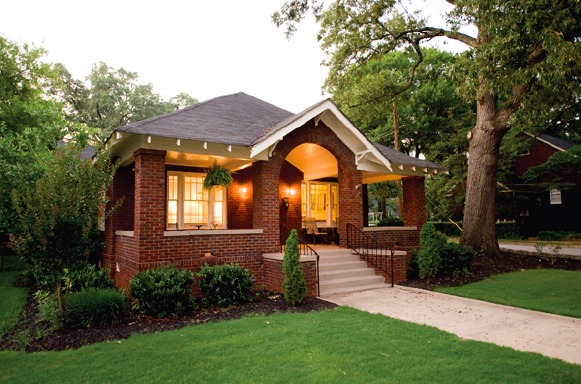What’s new in the Denver Real Estate Market?
The question I’m asked all the time by friends, colleagues and clients who are still renting is whether it’s too late to buy a home. “Are we heading for a big downturn?” and “Are we too deep in the market cycle to buy?” they wonder. For those of you who read my newsletter and know me well the following will sound familiar but it bears repeating: timing the real estate market perfectly is extremely difficult (maybe even impossible) and those who try usually fail. So don’t try to time the market. Instead, look at factors like the ones below to see if homeownership is right for you.
1. You should buy a home when you feel it’s the right time in your life to do so. Don’t try to time the market, instead time your life. Are you getting married? Sick of paying skyrocketing rents? Looking for a bigger place for you and your family? Want your own backyard for the kids to play in? Want to be part of a neighborhood community? Plan on staying in one place for a number of years? Want to build long-term wealth? These are the types of questions you should ask yourself when considering whether you want to own a home. To the extent you say yes, home ownership might be the answer for you.
One important stat to keep in mind is that the average rental household in the U.S. has a total net worth of only $5,500. In contrast, the average homeowner has a net worth of $195,500 — that’s 36 times those who rent! Over the past 15 years, this multiple has ranged from as low as 31 times to as high as 46 times the net worth of renters. You don’t want to try to time the market, but over the long term home ownership is the tried and true path to wealth accumulation and financial security. (So is owning rental property, by the way. Call me if you’d like to learn more about that as well.)
2. Interest rates remain at record lows but this can’t last forever. No one knows when they’re going to rise (remember, you can’t time the market!), but rise they will at some point in the future. Though home prices have gone up the past several years, low interest rates continue to make homes relatively affordable (especially compared to renting). Once interest rates do rise the window of home ownership affordability will truly begin to close for a lot of potential buyers and they will be sorry they didn’t act when interest rates were at 50-year lows.
To illustrate the numbers, assume you are purchasing a $210,000 home with a 5 percent down payment. The Principle + Interest payment at 4 percent interest would be $952 per month. Just a 1 percent interest rate increase to 5 percent would result in a payment of $1,070 per month for a total increase of $128/month and $1,416/year. Now assume that rates tick up to 6 percent. That increase would result in a 21 percent increase in payments from $952 to $1,196. Where you really see the effect of these increases is when you hold the property for the full 30 years. On a $200,000, 30-year fixed-rate mortgage that increases from 4-5 percent, the borrower who obtains the 5 percent loan would pay an additional $42,772 in extra interest as opposed to the borrower who paid just 4 percent interest. That’s 21.4 percent of the total loan amount! This is why a lot of folks who don’t purchase a home while interest rates are near record lows are going to regret it down the road.
3. The main reason the average home owner has so much more personal wealth than the average condo owner is that over time, homes appreciate in value. Over the past 44 years, homes in metro Denver appreciated 6 percent per year, about 1 percent above the inflation rate. If you buy a $200,000 home, you can expect over the long term its value to rise about 6 percent every year. This means you’d make $12,000 in appreciation the first year, an additional $12,720 the second year, another $13,483 in the third year, and on and on. It’s that simple. So if you want to build wealth, your best bet may be to take advantage of these numbers and buy a home for the long term. I can help you do this. Call me and let me show you how.







